While most countries are busy declaring their victories through headlines and hashtags, Canada seems to be quietly stacking wins where it matters. Whether it’s tech innovation, healthcare leadership, or sustainable policy, progress is happening under the radar but with measurable results. The country has avoided loud chest-thumping and instead chosen a methodical, data-backed path to advancement. Here are 23 ways Canada is winning 2025 without making noise.
Leading in Clean Hydrogen Innovation

The clean hydrogen sector is one of 2025’s most competitive energy spaces, and Canadian researchers are establishing a global lead. Alberta’s hydrogen valleys and British Columbia’s pilot projects are pushing low-carbon production using renewable energy. The government’s Clean Hydrogen Investment Tax Credit has accelerated private participation, attracting over $25 billion in funding commitments. What makes this remarkable is the shift toward domestic usage; buses, freight trucks, and even ferries are adopting hydrogen power. The industry is projected to support 100,000 jobs by 2030, and its early standardization policies are serving as templates for the European Union and Japan.
Revamping the Housing Supply Chain

While many nations are struggling with stagnant housing supply, Canada has begun quietly modernizing how homes get built. The 2025 National Housing Accelerator Program combines modular construction with AI-based zoning tools to cut approval times by 60 percent in major cities. Ontario’s pilot with prefabricated units has reduced construction costs by up to 30 percent. Instead of focusing on subsidies alone, policies now target supply chain bottlenecks, streamlining lumber logistics, labor certification, and land use data. The federal government’s partnership with provinces aims to deliver 3.9 million homes by 2031, with new tracking dashboards ensuring public transparency.
Becoming the World’s AI Ethics Reference

In 2025, global tech regulators have been turning to Canada’s Artificial Intelligence and Data Act as a guiding document for AI governance. While the U.S. debates and Europe tightens compliance, Ottawa’s measured, risk-based framework strikes a rare balance between innovation and responsibility. Canadian universities like McGill and Waterloo are hosting cross-disciplinary AI labs focused on ethical deployment, algorithmic fairness, and bias auditing. Even major companies such as Google DeepMind have tested safety models through Canadian partnerships. The result is a quiet but firm reputation as the global standard-setter for how AI should evolve responsibly.
Health Tech Exports Surpassing Expectations

The healthcare technology sector, especially in diagnostics and remote monitoring, has become one of the country’s biggest non-resource exports. Startups like BlueDot, which uses AI for outbreak prediction, and Cloud DX, specializing in virtual care tools, have expanded into over 20 countries. Federal funding through the Strategic Innovation Fund has supported new medical AI hubs in Toronto and Montreal. In 2025, health tech exports are projected to exceed $12 billion, surpassing traditional pharmaceuticals. The nation’s combination of strong research ethics, healthcare infrastructure, and bilingual collaboration models has made it a global provider of trustworthy medical innovation.
Quietly Dominating Agritech Development
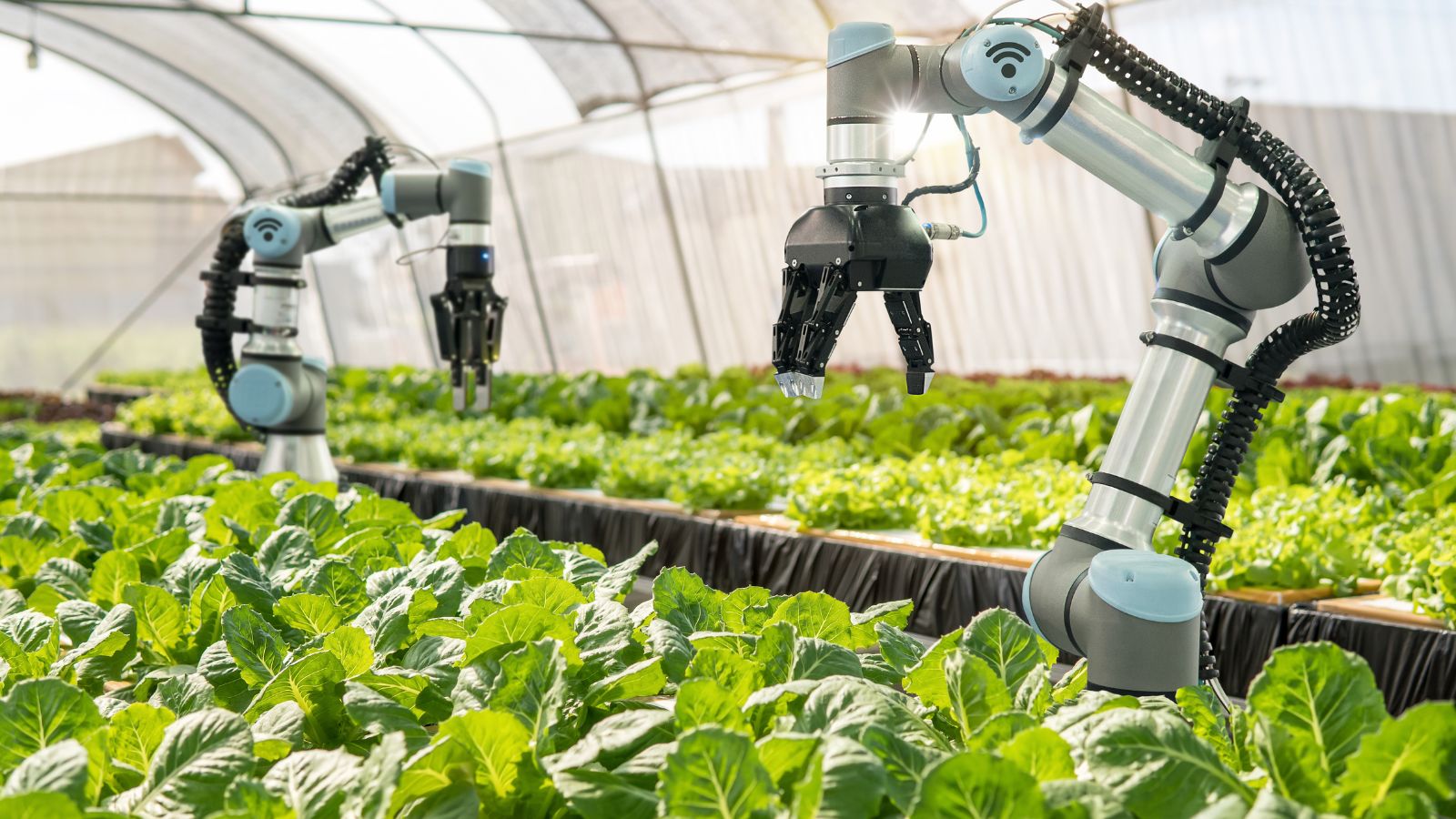
While few associate Canada with agricultural tech leadership, its agritech sector has quietly exploded. Saskatchewan and Manitoba now host some of the most advanced precision-farming startups using satellite imaging and soil analytics. The government’s Smart Agriculture Strategy 2.0, launched in 2024, has already led to measurable yield improvements while cutting emissions by 35 percent. Exports of Canadian agri-software have doubled, particularly in Asia and the Middle East. Rural broadband expansion is ensuring that even small farms can adopt IoT systems. This transformation isn’t flashy but has positioned Canada as a model for sustainable, tech-driven food production.
Winning the EV Battery Supply Race

The global race for EV battery supremacy is fierce, but Canadian producers are securing crucial ground. With lithium, nickel, and cobalt reserves spread across Quebec, Ontario, and Manitoba, the country has drawn record foreign investment from automakers like Volkswagen and Honda. The 2025 completion of multiple gigafactories is expected to make Canada the second-largest EV battery supplier in North America. What sets it apart is environmental compliance; projects are built under strict Indigenous partnership frameworks and carbon accountability systems. As U.S. policy struggles with consistency, Canada’s quiet steadiness is turning into a competitive advantage.
Turning Immigration into Economic Power

Instead of facing backlash over immigration numbers, Canada has refined how it integrates newcomers. The 2025 Talent Integration Framework links skilled migrants directly with provinces facing shortages, particularly in healthcare, construction, and tech. Over 70 percent of arrivals are now employed in their trained fields within six months, thanks to reforms that recognize credentials. The system uses real-time labor data rather than political quotas. This targeted approach has helped stabilize GDP growth above 1.8 percent despite global slowdowns, while maintaining strong social cohesion, a subtle but significant national win.
Reclaiming the Arctic for Research
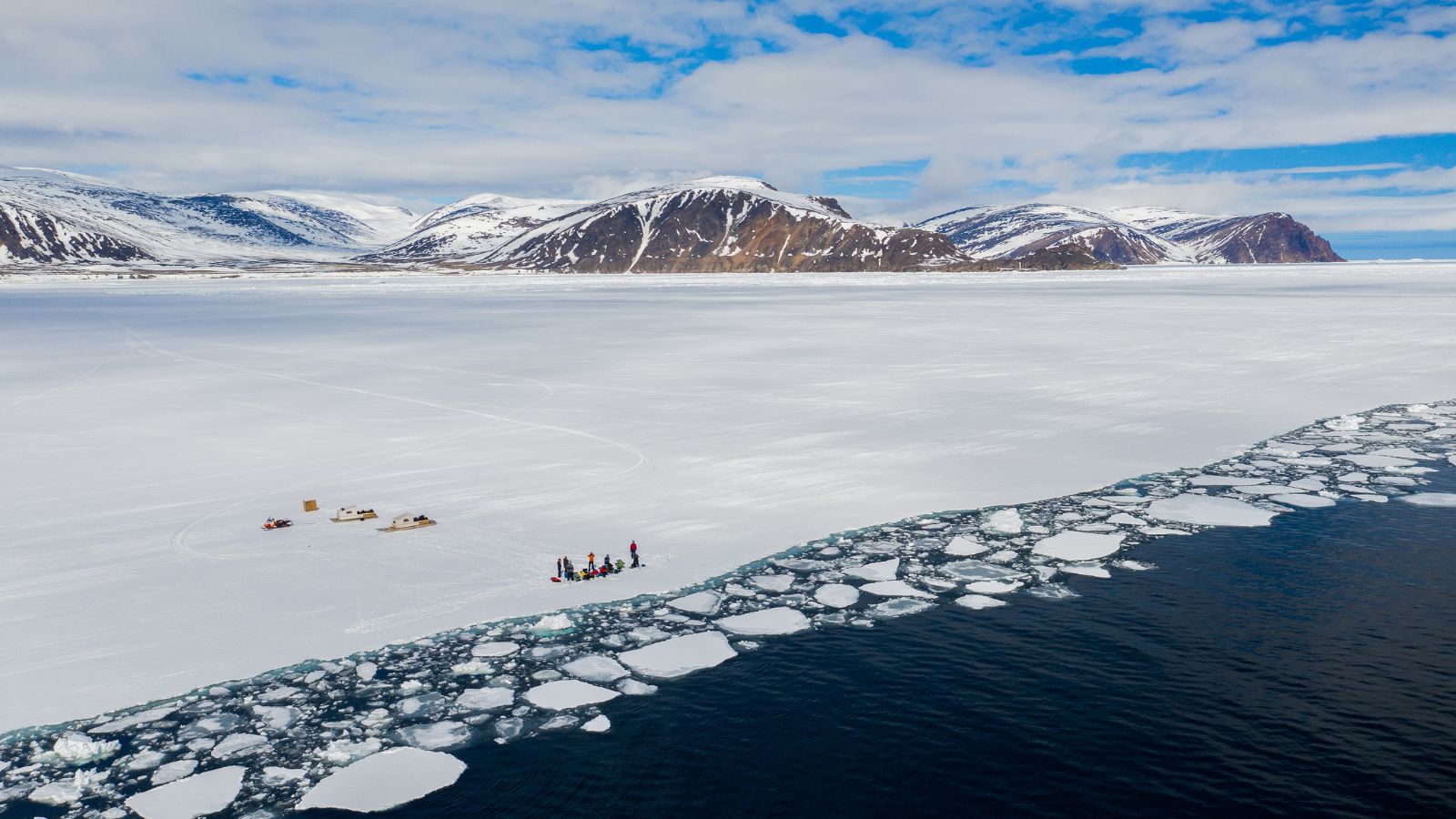
Amidst geopolitical tensions, Canada has reinforced its Arctic presence, not through a military buildup, but through science. The newly expanded Canadian High Arctic Research Station in Nunavut now operates year-round, attracting global collaboration on climate modeling, permafrost mapping, and marine biodiversity. Satellite partnerships with the European Space Agency have improved northern data accuracy. Economic opportunities are being developed sustainably, small modular reactors and remote energy systems power local communities without heavy fossil reliance. This blend of environmental stewardship and sovereignty assertion is quietly redefining how nations manage polar territories.
Building the World’s Most Trusted Digital ID System

The rollout of the National Digital Identity Framework in 2025 has been widely praised for its transparency and user control. Unlike centralized surveillance-heavy systems, this model lets individuals own and manage their data through encrypted, blockchain-based authentication. Banks, universities, and health providers are integrated seamlessly, cutting red tape and fraud. International observers, including Australia and Singapore, are studying its design as a privacy-respecting standard. The initiative is helping reduce $2.5 billion annually in administrative waste while improving access to government services, making Canada a global reference point for digital governance.
Reinventing Public Transit with Data-Driven Design

Public transit in cities like Vancouver, Calgary, and Toronto is undergoing a quiet revolution driven by analytics. The National Mobility Data Program integrates traffic flow, weather data, and ridership patterns to optimize routes in real time. These systems reduce wait times by 18 percent and emissions by 22 percent annually. The integration of smart payment systems allows intercity interoperability, something even major global cities struggle with. The public response has been positive, with satisfaction scores up by 15 points since 2023. This focus on efficiency rather than expansion is giving commuters back hours each week.
Winning in Quantum Computing Collaboration

In 2025, Canadian research institutions are among the most cited globally in quantum computing papers. The Perimeter Institute, University of Waterloo, and D-Wave Systems are spearheading breakthroughs in error correction and hybrid quantum-classical systems. Strategic government funding of $360 million has enabled startups to commercialize real-world applications faster than competitors. Instead of chasing hype, the ecosystem emphasizes usable models for logistics, materials science, and security. International firms increasingly license Canadian algorithms for integration, making this a subtle but powerful area of intellectual export.
Expanding Green Aviation Projects

Sustainable aviation has become a key focus area, and Canada is making quiet but meaningful advances. Pratt & Whitney Canada’s hybrid-electric propulsion tests and hydrogen-fuel flight trials in Montreal are setting the tone for low-emission aircraft development. Federal programs fund retrofits for small regional airlines, reducing operating emissions by 40 percent. Moreover, airspace modernization and AI-guided flight routing are helping airlines save millions in fuel costs annually. By investing in green aviation infrastructure, the country is positioning itself as a critical link in the global decarbonization of flight.
Growing Its Indie Film Influence

While Hollywood dominates global screens, the Canadian independent film scene is steadily gaining recognition. 2025 film festivals in Toronto, Calgary, and Montreal are featuring record international participation, and Canadian production houses are exporting original stories to major streaming platforms. Federal incentives for domestic storytelling have led to a 25 percent rise in indigenous and minority-led projects. This creative ecosystem is expanding jobs while subtly redefining cultural influence. By focusing on authenticity and new voices, the country’s entertainment exports are growing not by scale but by credibility.
Achieving Food Security Through Innovation
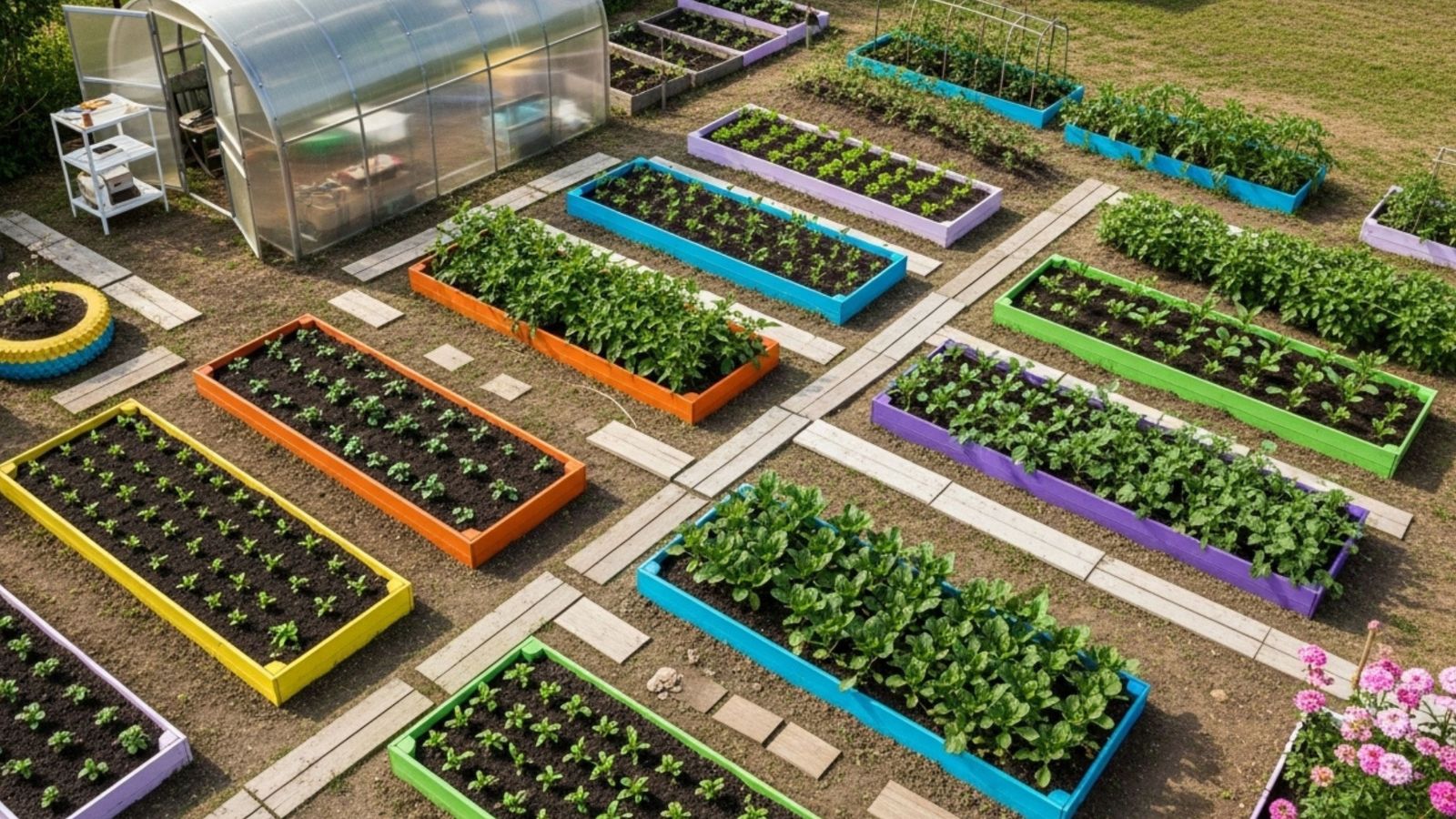
Food security has become a quiet success story. Vertical farming networks, especially in Ontario and British Columbia, now provide year-round produce independent of imports. AI-driven logistics ensure efficient cold storage and distribution, reducing waste by 20 percent. Investment in seed genomics at the University of Guelph is producing climate-resilient crops suited to northern conditions. While many nations face rising prices, Canada has stabilized food inflation below 3 percent in 2025. This stability supports both urban affordability and northern community resilience, a vital, if understated, national win.
Strengthening Cybersecurity Frameworks

Amid global cyber threats, Canada’s layered cybersecurity model is quietly outperforming others. The CyberSecure Canada certification, once optional, is now a trusted benchmark adopted by over 15,000 small businesses. National coordination between provinces and the private sector has reduced ransomware incidents by 28 percent in two years. Universities have developed new training pipelines ensuring 10,000 new cybersecurity professionals annually. By blending federal oversight with private innovation, the country has created one of the safest digital environments in the G7, contributing to strong investor confidence.
Making Smart Cities Actually Work
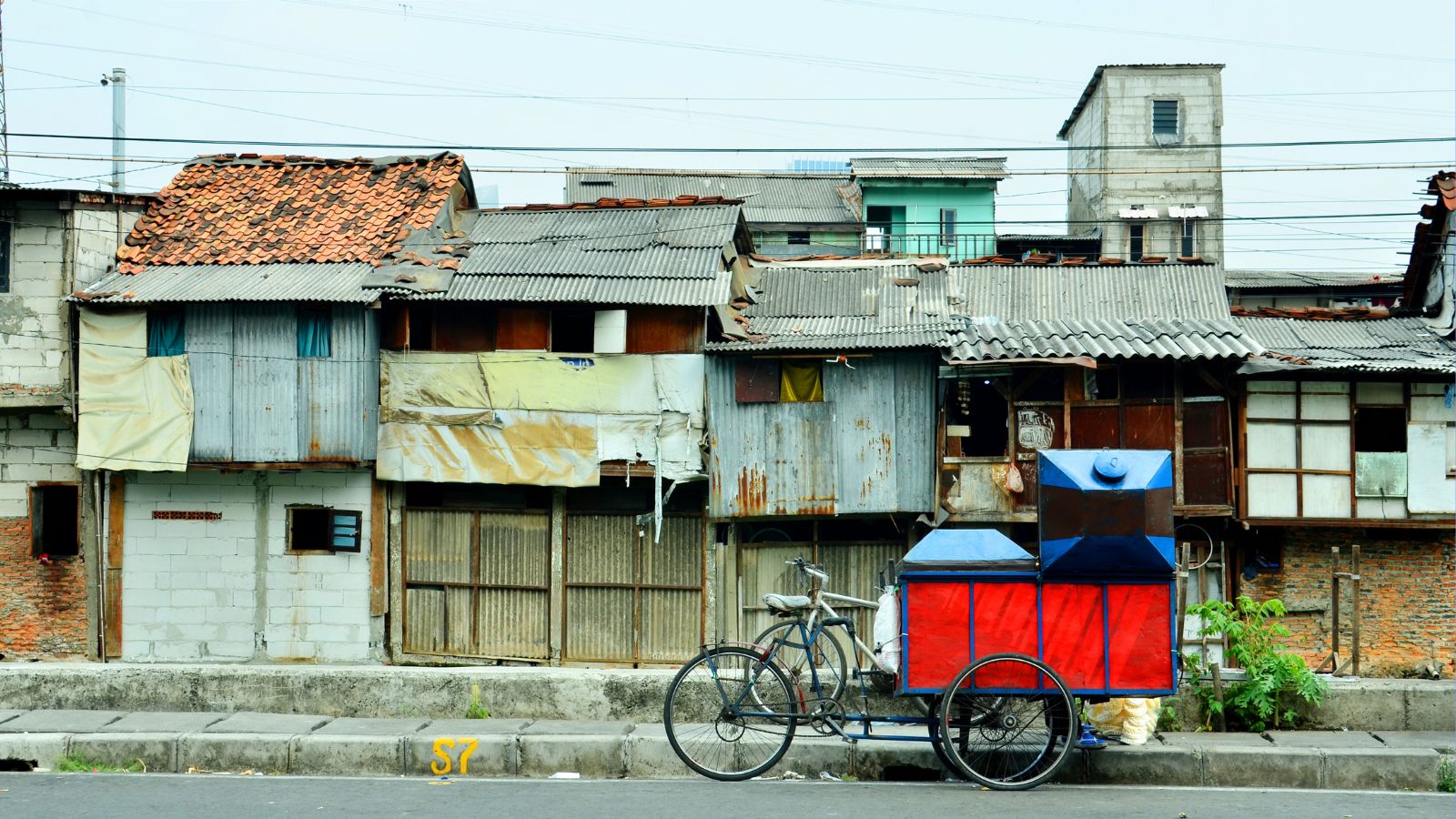
Smart city initiatives often fail due to complexity, but Canadian urban planning has achieved measurable results. Cities like Edmonton and Waterloo use integrated dashboards to manage utilities, waste, and emergency response in real time. Citizen data privacy is built in from the start, and infrastructure sensors reduce water loss and energy waste by up to 25 percent. The Smart Cities Challenge 2.0, funded in 2024, continues to deliver replicable solutions globally. The model’s quiet efficiency has become a case study for transparent, citizen-driven urban innovation.
Redefining Indigenous Partnerships

The nation’s relationship with Indigenous communities has taken a more collaborative and measurable turn. The 2025 Indigenous Economic Development Fund has invested over $3.4 billion into renewable projects co-owned by First Nations groups. Legal reforms now ensure Indigenous consent frameworks are mandatory for resource development. As a result, project disputes have dropped 60 percent since 2022. These cooperative models are being studied internationally as examples of equitable development. By replacing token consultation with true partnership, Canada is creating a more inclusive path to growth.
Quietly Reviving Manufacturing

Manufacturing, once seen as declining, is making a steady comeback. Federal incentives for automation and robotics adoption have increased output in Ontario and Quebec by 14 percent since 2023. Smaller towns are hosting new micro-manufacturing facilities powered by renewable energy, cutting logistics costs. The National Reshoring Initiative is helping companies rebuild domestic supply chains for medical devices, EV components, and semiconductors. This diversified industrial strategy strengthens resilience while maintaining sustainability standards, proving that manufacturing revival doesn’t need to be loud to be effective.
Outperforming in Education Accessibility

Digital learning infrastructure introduced during the pandemic has evolved into one of 2025’s biggest educational wins. Free online certification programs, funded jointly by provinces and tech companies, have helped 2.4 million Canadians upskill in fields like AI, trades, and finance. Rural broadband improvements mean even remote communities can access equal education resources. The initiative has reduced unemployment among 18- to 30-year-olds by 11 percent in two years. This accessible, technology-driven education ecosystem demonstrates that social progress can happen quietly but decisively.
Creating the World’s First Circular Textile Market

In an unexpected sustainability achievement, Canada is pioneering a circular textile economy. Fashion companies are now legally required to track fabric lifecycles and ensure 60 percent recyclability by 2025. Montreal’s new Textile Innovation Hub has attracted designers and engineers working on biodegradable fabrics. The result is a domestic fashion market that is both profitable and planet-conscious. Exports of sustainable apparel have risen 40 percent in one year. The model is being replicated in Scandinavia and New Zealand, further amplifying the nation’s soft power in green innovation.
Protecting Privacy in a Digital Economy

As digital data becomes a global battleground, the country’s privacy reform law, modeled on the Consumer Privacy Protection Act, has become a global benchmark. Individuals can now demand algorithmic transparency and data deletion without legal barriers. Tech giants operating domestically have adjusted their data pipelines to comply, and enforcement is swift. Unlike many nations, Canada has balanced innovation with accountability, winning public trust. The system’s clarity is attracting international business confidence and strengthening its digital economy without the chaos of overregulation.
Expanding the Space Economy
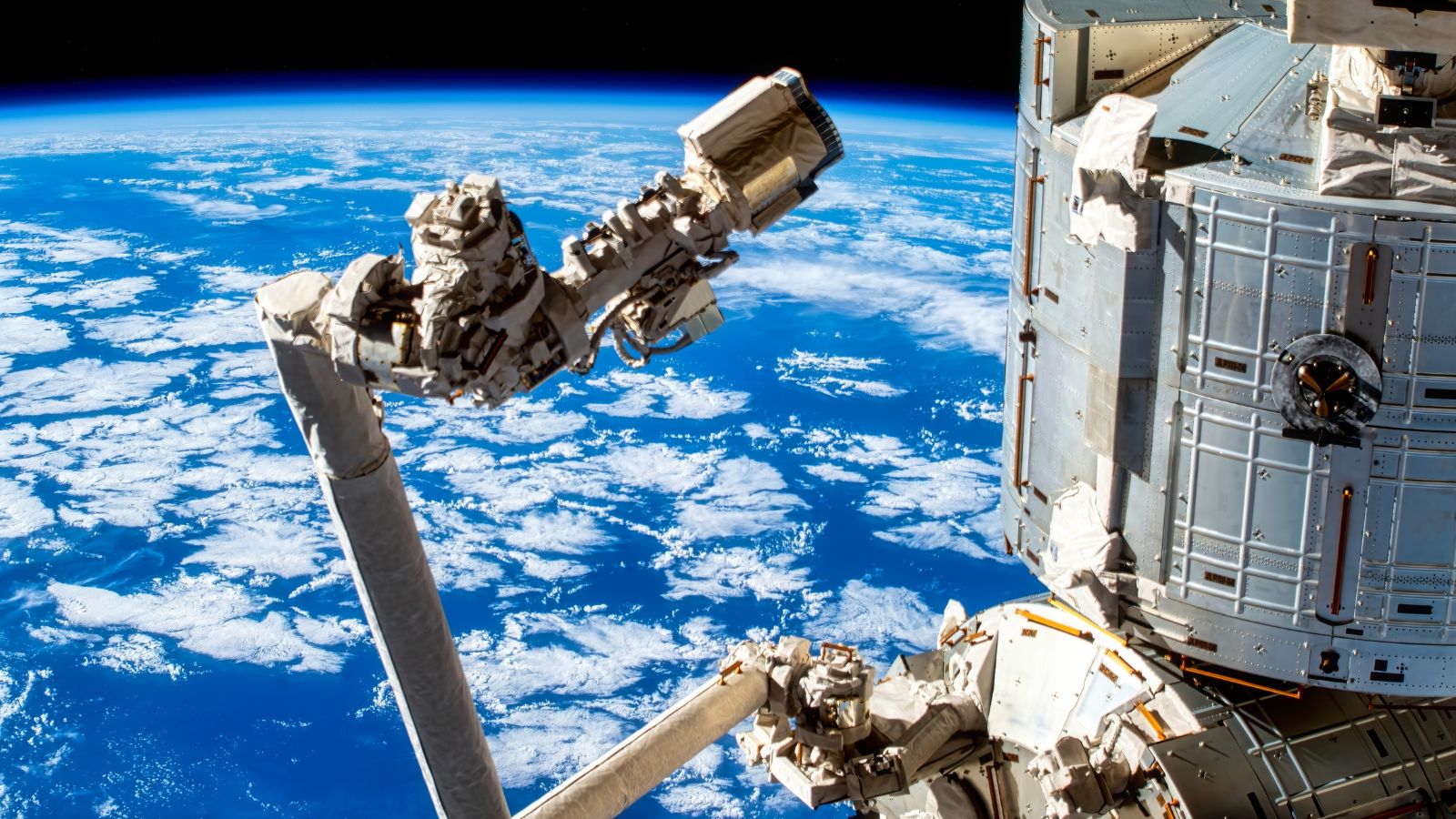
The Canadian Space Agency has made strategic progress in 2025 through robotics, satellite imaging, and lunar partnerships. Canadarm3, set for lunar deployment, cements the nation’s presence in deep-space infrastructure. Startups are emerging in Earth observation analytics, generating $4 billion in annual exports. The Space-Tech Accelerator Program funds private companies developing orbital debris removal and Arctic monitoring systems. By focusing on high-value niches instead of full-scale rocket manufacturing, the country has built an efficient, globally respected space economy that contributes to environmental and scientific progress.
Quietly Shaping Global Diplomacy
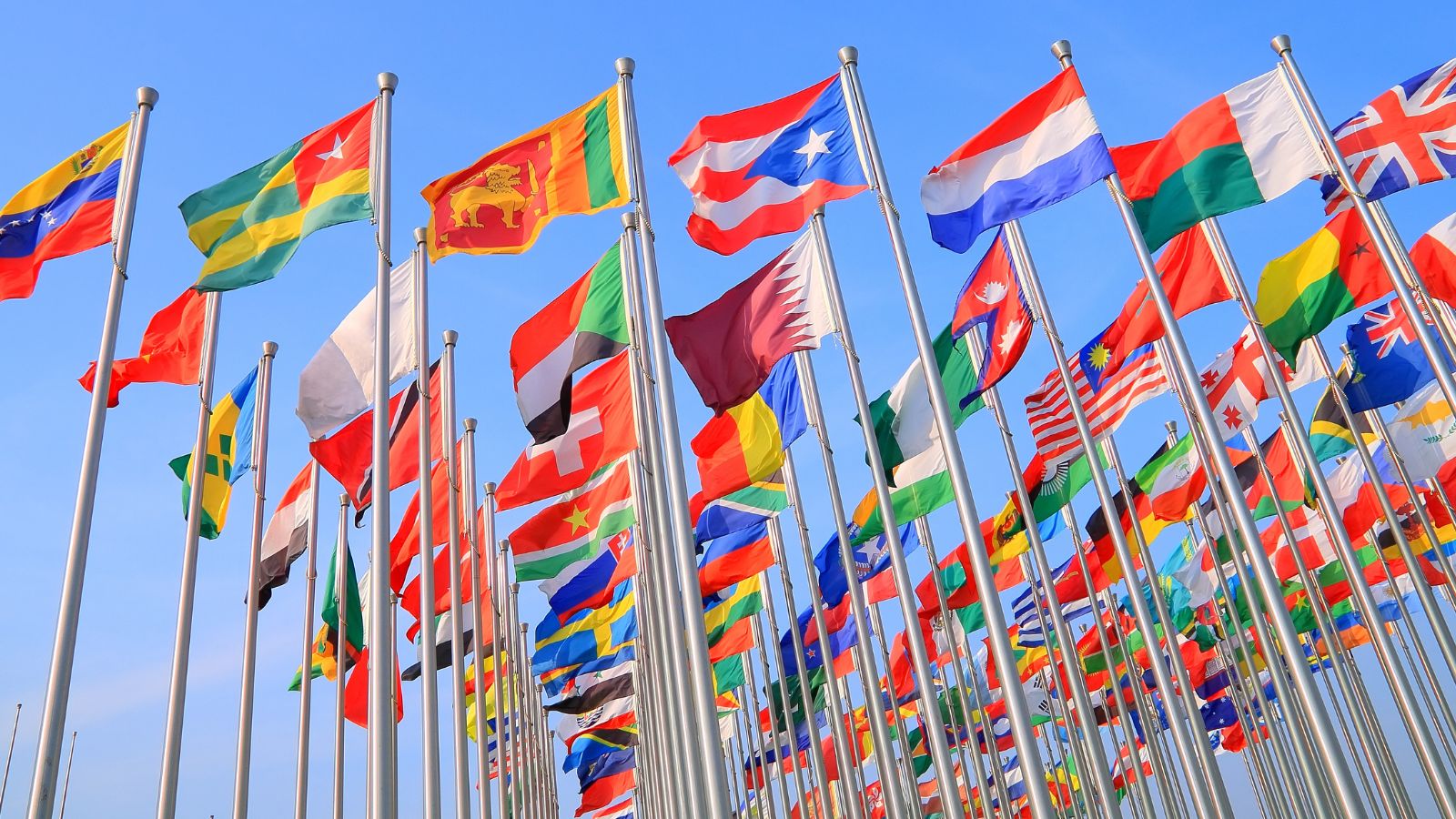
While others headline summit disputes, Canadian diplomacy thrives on quiet consistency. The country’s balanced approach in global trade forums has earned it mediator status between economic blocs. In 2025, it facilitated agricultural and tech trade dialogues between Asia and North America, helping prevent tariff escalations. Its foreign aid now emphasizes skill transfer and renewable investment, strengthening international partnerships. This calm, principles-first diplomacy enhances credibility and influence without loud proclamations. In an increasingly fragmented world, steady cooperation is a rare and powerful form of winning.
21 Products Canadians Should Stockpile Before Tariffs Hit

If trade tensions escalate between Canada and the U.S., everyday essentials can suddenly disappear or skyrocket in price. Products like pantry basics and tech must-haves that depend on are deeply tied to cross-border supply chains and are likely to face various kinds of disruptions
21 Products Canadians Should Stockpile Before Tariffs Hit
